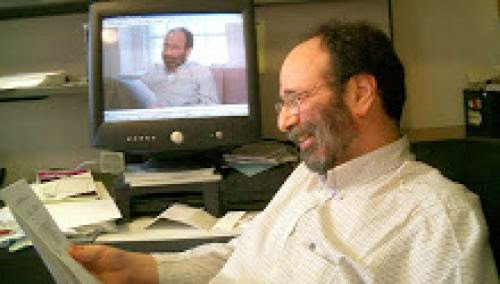
Metaphysics is a very interesting subject - doubly so when it interacts with religion.
Interesting - and misunderstood.
*
Metaphysics describes the ultimate structure of reality - it is about the pre-suppositions or assumptions which underlie more detailed considerations such as specific philosophy (e.g. the philosophy of morals, beauty or specific religions) and science.
For a Christian, the most fundamental domain ought to be Christianity, which originates in revelation and revelation is in itself a complex product of tradition, scripture, authority, reason etc.
"After" this comes theology - but theology presupposes a particular metaphysics; for example monism or pluralism, serial time or eternal out-of-timeness, and some kind of point at which questions have to stop and the answer 'it just is' becomes accepted.
*
The underlying difference between Mainstream Christianity and Mormonism relates to metaphysics - Joseph Smith's Restored gospel is based on a different set of metaphysical assumptions - e.g. pluralism, dynamism, serial time, and the stoppage of questions at the terminus of the existence of the stuff of the universe and laws of nature.
The big question is whether a different metaphysics means that Mormonism is not Christian.
And the answer is: obviously not, because metaphysics is a matter of assumptions, and the Christian revelation did not refer to metaphysics.
(Or, at least, the metaphysics of Christian revelation is ambiguous - and can be interpreted in contrasting ways.)
*
But even though metaphysics is an assumption and not a discovery nor amenable to empirical investigation - it does make a difference.
Indeed, it can (for some people, at some times and/ or places) make a profound difference.
Thus a Christianity based on Platonic, or Aristotelian, or Pluralistic metaphysics will have very different emphases, gaps, biases, strengths and weaknesses.
And these metaphysical systems are "incommensurable," meaning that one cannot be mapped onto the other, because each works by a different language - a different lexicon and grammar of belief.
But, they are all potentially Christian - why would they not be?







